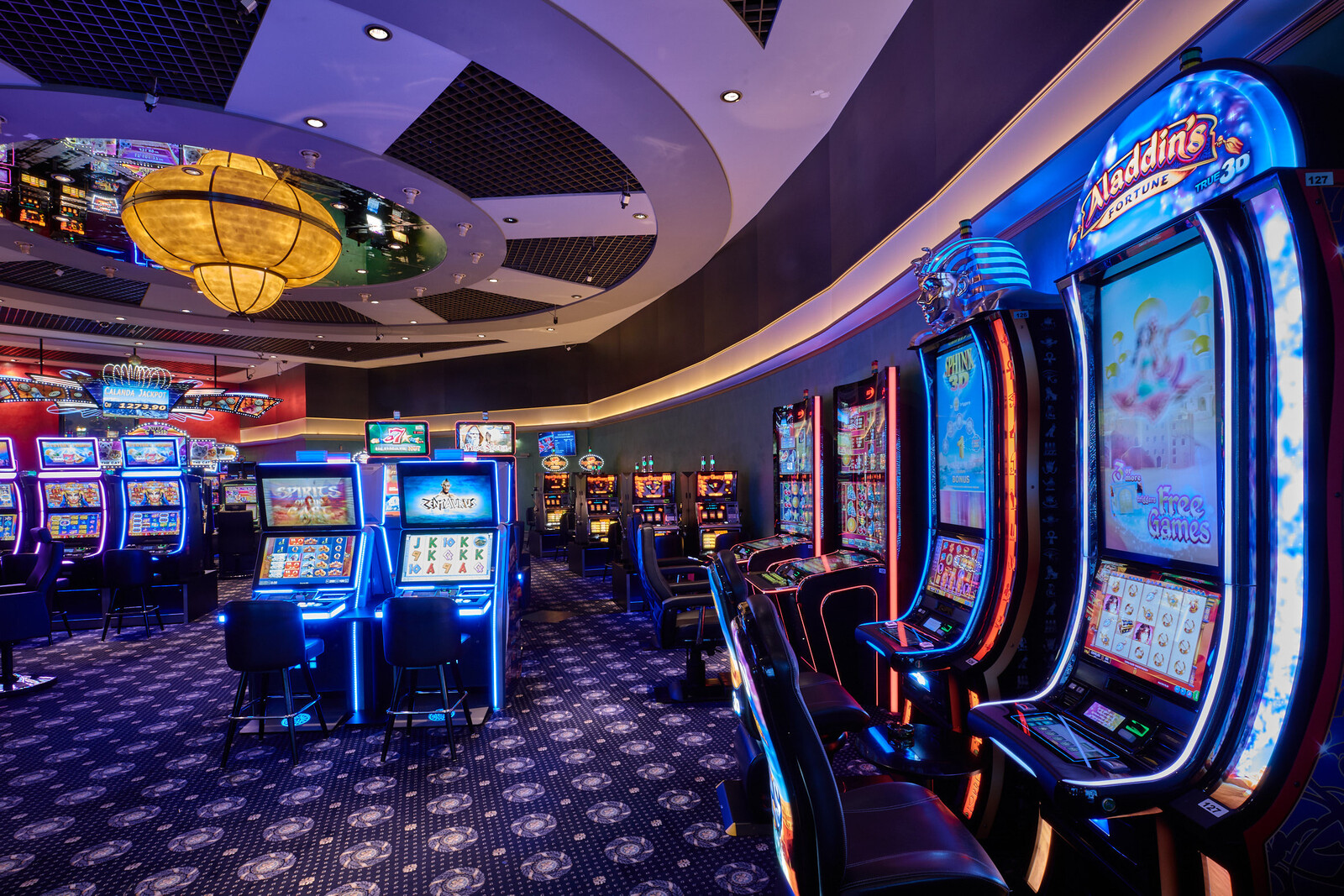
Casino games have long captured the fascination of humans around the planet, becoming an essential part of both entertainment and culture. From the shimmering lights of Nevada to the engaging experience of online gaming, these experiences evoke thrill, danger, and sometimes even a sense of remembrance. They are beyond simply entertainments; they have woven themselves into the texture of our lives, influencing everything from cinema and songs to fashion and writing.
The appeal of casino games surpasses the betting aspect, tapping into wider themes of fortune, possibility, and human behavior. As players convene around a card table or spin the roulette wheel, they engage in an timeless ritual that resonates with our shared desire for adventure and uncertainty. This obsession has led to the emergence of countless references in films, tracks, and gaming, showcasing how intensely entrenched these games are in mainstream culture. Whether it is the pressure of a legendary robbery film or the colorful nightlife portrayed in videos, casino games have carved out a substantial role that reflects our bond with risk and reward.
Social Importance of Casino Games
Gambling games have played a pivotal role in social contexts throughout the ages. Stemming from ancient societies, forms of chance were often connected to rituals or events. For instance, early iterations of these activities can be traced back to ancient China and the Romans, where die games and wagering on results were common pastimes. These activities not only functioned as leisure but also as means of connecting people, facilitating relationships among individuals within communities.
As societies evolved, so did the complexity and organization of casino games. The creation of official casinos in the 17th century, particularly in the Italian region, marked a notable shift in how games were viewed and structured. With designated spaces for gaming, the casino became a community center where patrons from various backgrounds gathered. This evolution contributed to the validation of the industry, transforming it from a mere pastime into an organized industry that influenced economy and regulations.
The effect of casino games on mainstream culture cannot be understated. As they were popularized in literature and movies, games such as poker and blackjack became symbols of risk, luck, and strategy. Iconic characters and stories have emerged around these activities, reflecting societal attitudes towards luck, wealth, and immorality. This interest with casino activities has infiltrated various forms of media, cementing their status in the collective consciousness and linking them to wider cultural narratives throughout history.
Depiction of Gambling Activities in Entertainment
Gambling games have long been a popular topic in various forms of media, reflecting both the excitement and complexities of the world of gambling. Films such as Ocean’s Eleven and Casino Royal portray individuals who navigate dangerous scenarios, showcasing not only the attractiveness of the gambling environment but also the methods and choices that come with playing popular games like poker and blackjack. These movies often dramatize the exhilaration of winning and the potential repercussions of losing, encapsulating the risks involved in betting.
Television shows have also explored the world of casino games, often integrating them into the plot as a setting for character arcs and tension. Series like Vegas depict the experiences of gambling employees and customers, highlighting the lively, often chaotic energy of the gaming floor. Docuseries featuring intense betting contests further emphasize the fascination of gambling activities, drawing viewers into the drama and tactics involved in each game. Through these portrayals, media not only engages but also stimulates conversations about fortune, skill, and the essence of chance.
Video games have increasingly included casino games into their development, allowing players to recreate the thrill of betting without financial risk. Titles within the realm of online gaming often include online slot machines, online poker, and other casino favorites, creating an interactive experience that mirrors actual casino experiences. These virtual portrayals make casino games accessible to a worldwide viewer base, appealing to both gamblers and those who enjoy the rush of virtual experiences. As a result, the portrayal of gambling activities in media continues to shape societal views and cultural relevance, highlighting their place in entertainment and culture.
Impact of Gambling Activities on Society
Gambling activities have a meaningful impact on society, influencing various aspects of societal norms and social behavior. They often function as a platform for social interaction, where people come together to enjoy a shared experience. Game nights with friends or trips to casinos become group events that build connections and create memories. This collective aspect enhances the fun value of casino games, making them a favored choice for celebrations and recreational pursuits.
Moreover, gambling activities have been depicted in numerous films, TV series, and written works, influencing perceptions and opinions towards gaming and betting. Icons like James Bond playing baccarat or the high-stakes poker scenes in films have embedded these games in the collective imagination. This representation often idealizes the culture associated with casino activities, drawing in new players and impacting trends in both fashion and behavior. These representations can spark curiosity and lead to a deeper exploration of the intricacies of gambling. non UK casino
Nonetheless, there are also negative implications linked to the popularity of casino games. The allure of quick monetary gain can lead to problem gambling and financial troubles for some individuals. The community must grapple with these consequences, promoting responsible gaming and awareness of the dangers involved. Finding a balance between the fun aspect of gambling activities with the potential for harm is vital to ensure that they continue to be a positive aspect of our societal fabric.